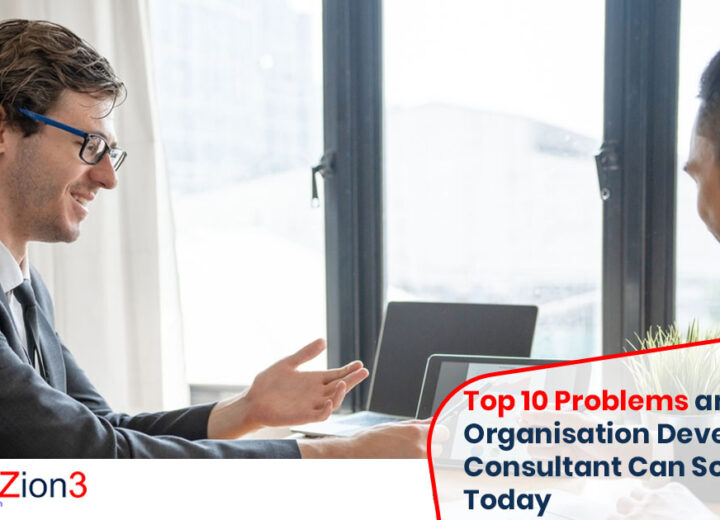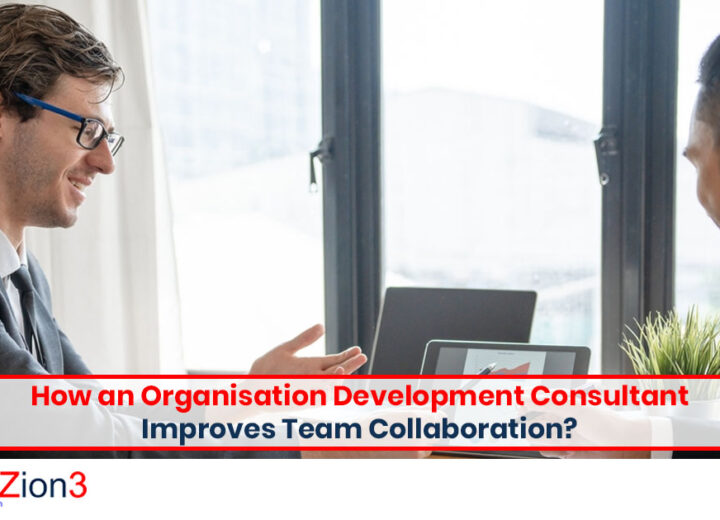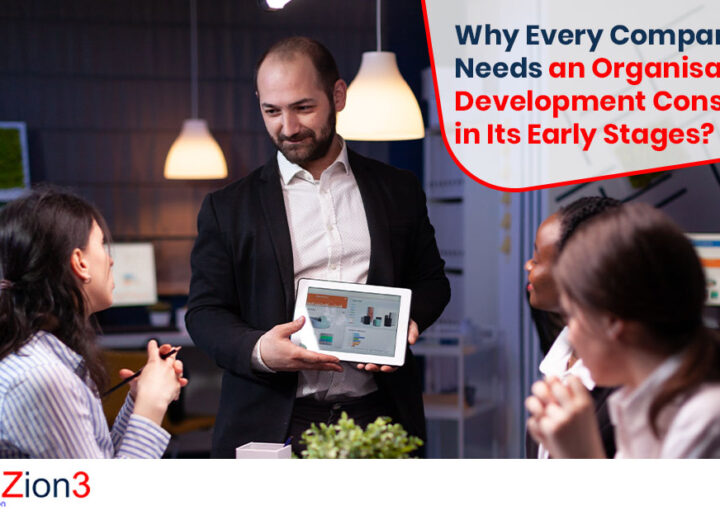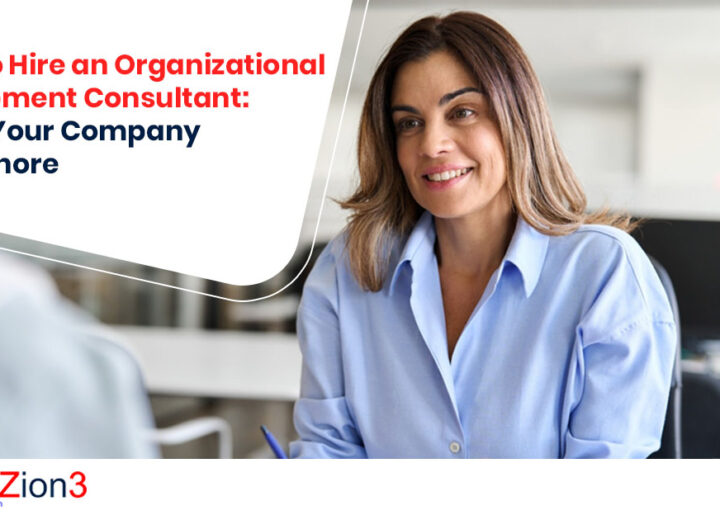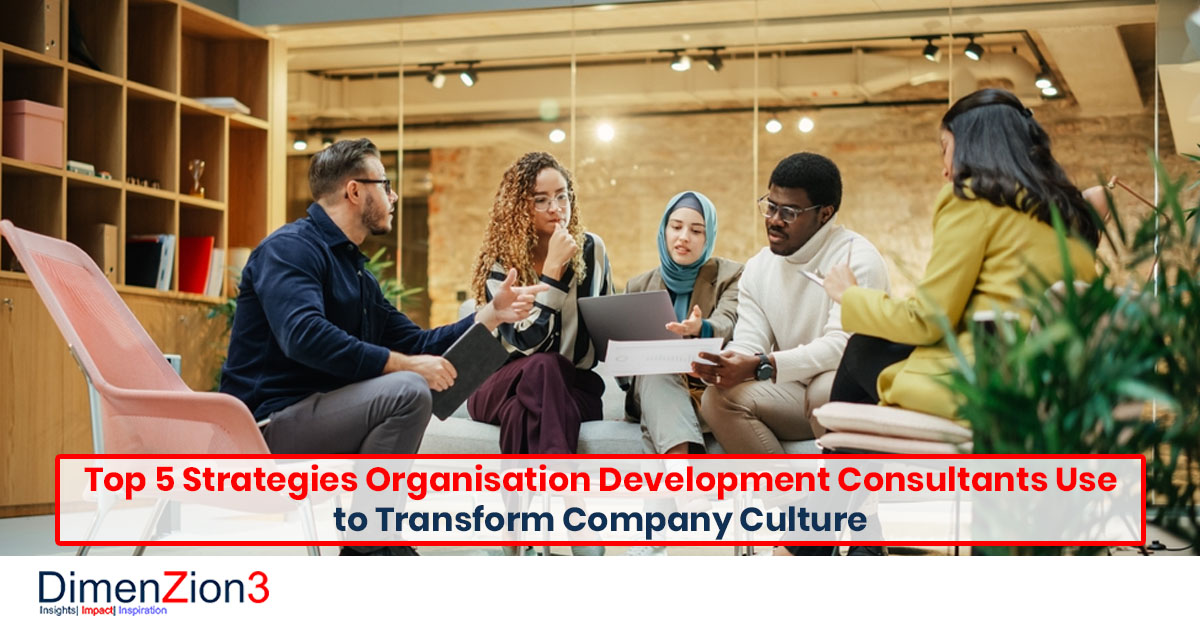
Do you believe your company culture is something you want or something you’re working to create? Many leaders know their culture is breaking down. They can observe the symptoms, such as poor morale, siloed teams and resistance to change, but can’t identify the underlying cause.
This is where the expertise of a Dimenzion3’s organisation development consultant is helpful. They don’t just create short-term solutions; they help to implement sustainable change from within.
We have spent time as consultants in businesses that experience these types of situations, and we know what will really make a difference. Here are five key practices that will make that difference.
1. Begin with Understanding the Company
Many companies can only glance at engagement survey data and reach a conclusion. An expert takes the next step and behaves as an organisational detective. An expert consultant will use anonymous interviews, focus groups, and direct observation to discover the reasons why data is the way it is.
They will listen for the stories people share, the unwritten rules that determine behaviours, and the underlying tensions that complicate everything. It doesn’t require detectives to identify a villain. They identify whenever there are systemic problems, whether they be flawed processes or ambiguous goals, contributing to your culture. It is impossible to change what you do not fully understand.
2. Co-Create, Not Just Control
A top-down memo never changed a culture. A good organisation development consultant understands sustainable change occurs with people, not to them. They serve as a facilitator in which leaders and employees come together to arrive at a new culture blueprint.
When people feel they have a hand in the future, they will be far more likely to support it. It is an organisational development strategy, developing a cultural change plan that promotes participants rather than spectators in any change cycle.
3. Emphasise Leadership First
If your leadership team is not aligned, no one else in the organisation will be. A common gap we see is a fragmented leadership team that publicly claims to agree but then operates differently in private.
The consultant’s role is fundamentally to facilitate difficult, honest conversations among leaders. They help build consensus among the executive team around one vision and set of behaviours. When leaders consistently model the new culture, it sends a powerful, clear message to the organisation’s members.
4. Build Systems That Enable the New Culture
This may be the most commonly overlooked step. You can provide as much training on new values as you want. However, if your systems, such as performance reviews, promotions, and rewards, continue to reward old behaviours, the old culture will win out every time.
For instance, when you preach collaboration but only reward individual “star” performers, you’ll get internal competition rather than collaboration. A skilled consultant will audit these systems and help redesign them to formally support the cultural shift you desire. This real-world application is a central aspect of organisational development in a contemporary context.
5. Foster Practical Skill Development
Advising people to be more innovative or communicate better is pointless without helping them integrate it into their daily behaviours. Transformation languishes when individuals are not able to turn theoretical concepts into daily behaviours.
They clarify the specific organisational development consultant skills your teams need. They then apply a hands-on approach to train your employees at every level to become confident contributors to the new culture.
Conclusion
Shifting a company’s culture is a journey. It is not something you will do overnight. Shifting an organisational culture is structured work that is empathetically developed; it requires considering the internal change and external systemic factors at play in your organisation.
These are the nuanced and rewarding skills an organisation development consultant is expertly positioned to work with. Dimenzion3’s work is about creating a workplace where people feel connected to and empowered to advance a shared purpose.
If you are ready to shift your organisation from hoping for a better culture to actively building one, get in touch with us.

